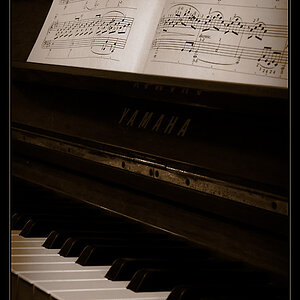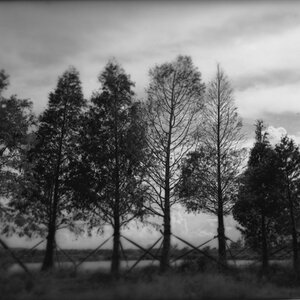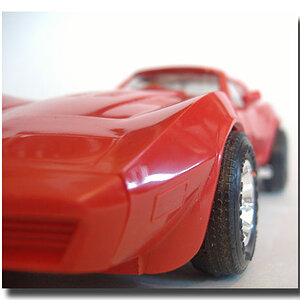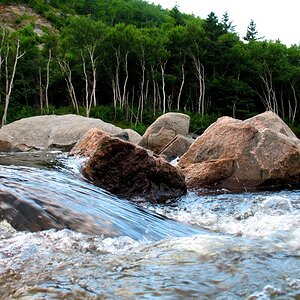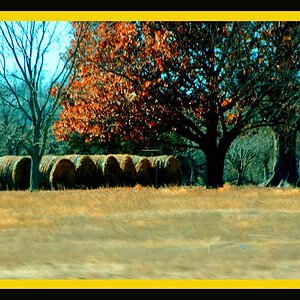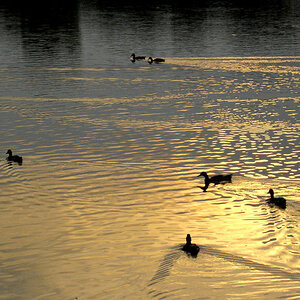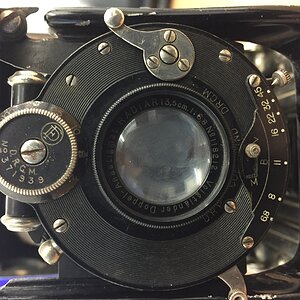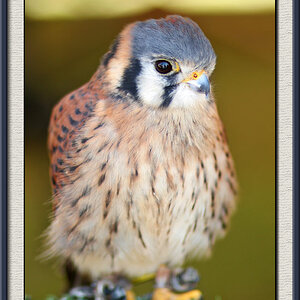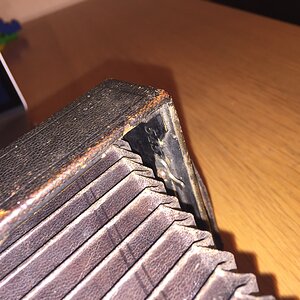qwertyjjj
TPF Noob!
- Joined
- Jun 7, 2012
- Messages
- 97
- Reaction score
- 3
- Can others edit my Photos
- Photos NOT OK to edit
I have 2 lenses one with a 62mm end one with a 58mm end.
I might just get the filters for the telehoto lens to save some money but what do I need?
AFAIK I should get a UV for protection, a polarising CPL, and a grad neutral density.
I heard FLW could also be used. Id this different to FLD and why can this effect not be done with white balance to make the picture mor purple?
Thinking grey grad for the 18-50mm lens for landscapes sunsets.
Then CPL, FLV for the telephoto 70-300mm.
I might just get the filters for the telehoto lens to save some money but what do I need?
AFAIK I should get a UV for protection, a polarising CPL, and a grad neutral density.
I heard FLW could also be used. Id this different to FLD and why can this effect not be done with white balance to make the picture mor purple?
Thinking grey grad for the 18-50mm lens for landscapes sunsets.
Then CPL, FLV for the telephoto 70-300mm.
Last edited:


